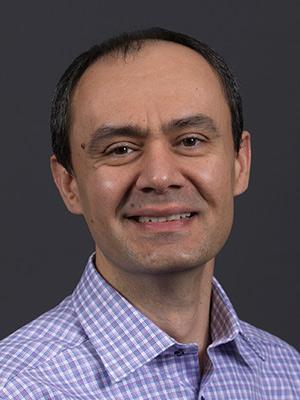Electric Power and Energy Program at the Missouri University of Science and Technology

The power engineering program at Missouri S&T is a mature program with widespread recognition in the field of electric power and energy. This program, with its multi-disciplinary ties, strives to prepare students for a lifetime of technical growth in their industrial or academic careers. It is designed to provide its graduates with a strong base of fundamental skills as well as enough specifics to move smoothly into a productive capacity.
The faculty members of the Power & Energy Group are Dr. Mehdi Ferdowsi, Dr. Jonathan Kimball, Dr. Pourya Shamsi, and Dr. Rui Bo. All the relevant fields of power systems, power electronics, and motor drives are strongly represented in the team. The members of the group often collaborate with faculty in other research disciplines, such as control systems, computer science, chemical, materials, and mechanical engineering.
Start a career with a high-paying salary
$77,906
Average starting salary
for undergraduate Electrical Engineering students as of 2022-2023
$102,500
Average starting salary
for master's and doctoral Electrical Engineering students as of 2022-2023
Contact Us
Eager to explore your research and manufacturing challenges and find solutions? Reach out to us, and let's start the conversation.
Dr. Mehdi Ferdowsi
Schlumberger Endowed Professor, Associate Dean for Research in CEC
- ferdowsi@mst.edu
- Phone: (573) 341-4552
- 234 Emerson Electric Co. Hall

